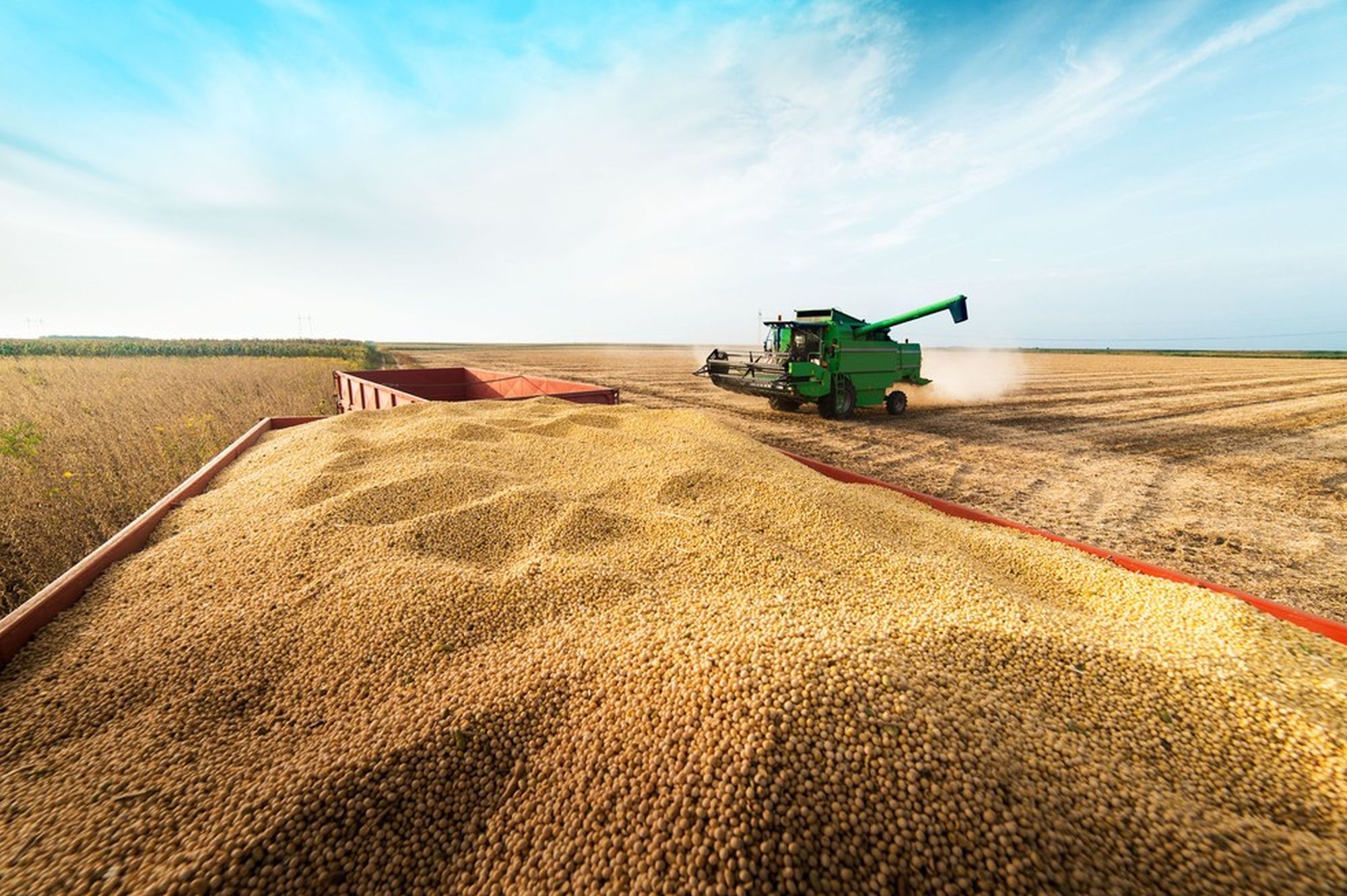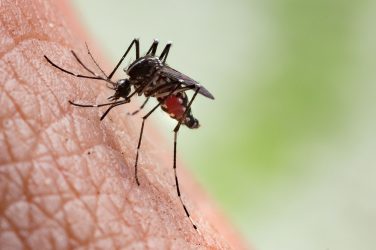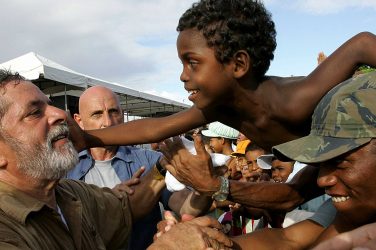Researchers say they have found a correlation between soy farming and leukemia deaths among young children in Brazil.
The results were published in an October 30 study in the journal PNAS.
Farmers began cultivating more soy in Brazil in the past years as they shifted away from cattle-based farming. The researchers explained that chemicals, primarily glyphosate, used to grow the crop travel through the country’s rivers, ending up in the water supply and potentially contributing to child cancer deaths there.
The team estimated that, at the start of their study, about half the families living in the areas they surveyed had access to a well for water supply. The rest depended on surface water, which can become contaminated.
Although this contamination can have an impact on anyone nearby, the researchers focused on investigating cancer-related death in children under the age of 10 in rural farming areas.
They studied health data from 2008 through 2019, when soy farming increased in the Cerrado and Amazon ecosystems in Brazil. While examining the data, they took two main factors into account: the ill child’s proximity to a river and distance to a hospital treating pediatric cancer cases.
Their examination suggests that 123 children died from acute lymphoblastic leukemia (ALL) caused by soy production over the decade.
The researchers estimate that “about half of pediatric leukemia deaths over a ten-year period” could be linked to increased exposure to pesticides.
ALL is a highly treatable illness. The researchers’ results seemed to confirm this: they found that the only pediatric ALL patients who died following the expansion of soy farming were those who lived over 100 kilometers from a hospital that treats child patients for the disease.
A major increase in soy production
Over the past decades, Brazil’s Amazon region has moved from cattle production to the cultivation of soy in response to a high global demand for soybeans. Brazil is currently the world’s largest producer of the crop.
“The expansion has happened really quickly,” said lead researcher Marin Skidmore, assistant professor in the Department of Agricultural and Consumer Economics at the University of Illinois in the US.
From 2000 to 2019, soy production in the Cerrado area tripled, while the Amazon region saw a twentyfold increase, researchers said.
About 20% of global soy production is used in food products for humans, while some 80% is fed to livestock, especially in the areas of beef, chicken, egg and dairy production, according to the World Wide Fund for Nature.
What the study doesn’t tell us
The study came with a number of caveats. First, it doesn’t provide a direct causal link between cancer deaths and increased exposure to pesticides. It only shows an association between the two. The researchers note they worked to rule out other potential factors: they didn’t find any connection between the consumption of soy and cancer, for example.
Jörg Rahnenführer, head of the Department of Statistical Methods in Genetics and Chemometrics at the Technical University of Dortmund, who was not involved in the research, said the researchers did not go far enough in their consideration of outside factors.
“Although the connection suggested here seems plausible and may be correct, there are many other possible explanations for the observed relationships in the data,” he said. “The authors conduct some additional thoughtful analysis, but many other factors, such as socioeconomic variables, are not considered.”
He added that the authors’ findings are based on the supposition that pesticide-caused water pollution is the culprit behind the cancer deaths, and said this suggested that more reliable results could be gathered by directly measuring water pollution and the cancer cases that may be correlated with it.
He noted, however, that the facilitation of such an analysis would be “much more complex.”
Matthias Liess, head of the System Ecotoxicology Department at the Helmholtz Center for Environmental Research (UFZ) in Leipzig, who was not involved with the research, said the data was good and the researchers’ conclusion sound, given the caveats.
“It is plausible that the association between soy cultivation or pesticide use and the burden of disease in children is not just correlational, but (that) there is a causal connection,” he said.
He attributes this to the fact that the researchers found a higher incidence of cancer deaths in areas downstream of soybean farmers than in areas upstream. He said this means it’s likely the diseases are linked to the pollution of drinking water.
“It is difficult to imagine other causes than pesticides in this impact scenario,” he said.
Clare Roth Editor and reporter focusing on science and migration.
DW












